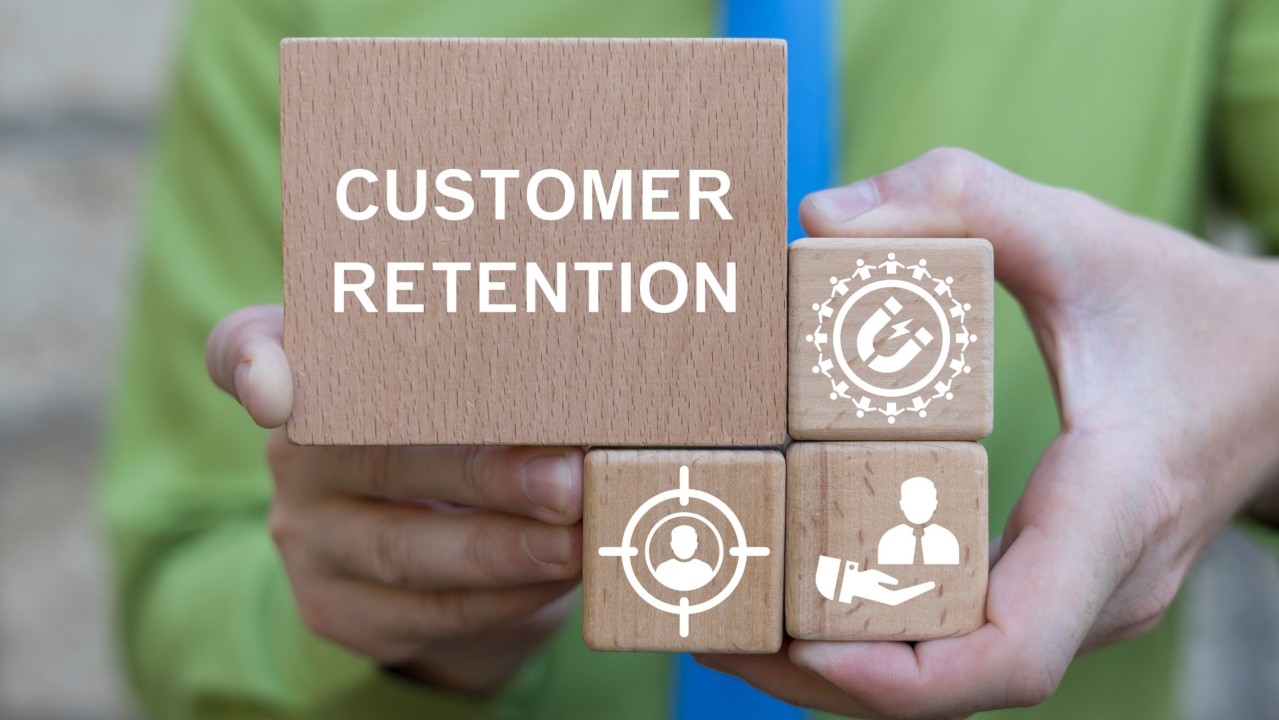News
Navigating PPC Advertising: A Comprehensive Guide to Pay-Per-Click
In the dynamic world of digital marketing, Pay-Per-Click (PPC) advertising stands out as one of the most effective methods to drive targeted traffic to websites, increase brand visibility, and achieve measurable results.
PPC advertising offers a unique model where advertisers pay a fee each time their ad is clicked, essentially buying visits to their site rather than earning them organically.
This guide will delve into the intricacies of PPC advertising, providing a comprehensive understanding of its mechanisms, benefits, strategies, and best practices.
Understanding PPC Advertising
PPC advertising is a model of internet marketing in which advertisers pay a fee each time one of their ads is clicked. It’s a way of buying visits to your site, rather than attempting to earn those visits organically. Search engine advertising is one of the most popular forms of PPC, allowing advertisers to bid for ad placement in a search engine’s sponsored links when someone searches on a keyword related to their business offering.
Key Components of PPC Advertising
- Keywords: Keywords are the foundation of PPC. They are the terms that users type into search engines to find what they are looking for. Successful PPC campaigns require thorough keyword research to identify terms that potential customers are likely to use.
- Ad Copy: Ad copy is the text that appears in the PPC ads. It needs to be compelling and relevant to attract clicks. Good ad copy includes a strong headline, a clear value proposition, and a call to action.
- Landing Pages: The landing page is where users arrive after clicking an ad. A well-optimised landing page is crucial for converting visitors into customers. It should be relevant to the ad and offer a seamless user experience.
- Bidding: PPC advertising operates on a bidding system. Advertisers set a maximum bid they are willing to pay for each click on their ad. The actual cost per click (CPC) is determined by an auction process among advertisers.
- Quality Score: Search engines like Google use a quality score to determine the relevance and quality of your ads and keywords. A higher quality score can lower your costs and improve your ad position.
The Benefits of PPC Advertising
PPC advertising offers several advantages for businesses looking to enhance their online presence and drive targeted traffic to their websites.
Immediate Results
Unlike organic search engine optimisation (SEO), which can take months to yield results, PPC advertising can generate immediate traffic. As soon as your campaign goes live, your ads can start appearing in search results, driving traffic to your site.
Measurable Results
PPC advertising provides clear and measurable results. Advertisers can track impressions, clicks, and conversions, allowing them to see exactly how their campaigns are performing. This data can be used to refine and optimise campaigns for better results.
Targeted Advertising
PPC allows for precise targeting based on keywords, location, demographics, and even the time of day. This means you can reach your ideal audience at the right time and place, increasing the chances of conversion.
Cost Control
With PPC, you have control over your budget. You can set daily or monthly limits on how much you are willing to spend, ensuring you don’t exceed your budget. Additionally, since you only pay when someone clicks on your ad, you can achieve a higher return on investment (ROI).
PPC Platforms
Several platforms offer PPC advertising, each with its own unique features and benefits. The most popular platforms include Google Ads, Microsoft Advertising (formerly Bing Ads), and social media platforms like Facebook, LinkedIn, and Twitter.
Google Ads
Google Ads is the most widely used PPC platform, commanding a significant share of the market. It offers extensive reach and robust targeting options, making it an ideal choice for most businesses. Google Ads operates on an auction system where advertisers bid on keywords to have their ads displayed in Google’s search results.
Microsoft Advertising
Microsoft Advertising, formerly known as Bing Ads, provides access to the Bing search engine, which still holds a considerable market share, especially in specific demographics. It can be a cost-effective alternative or complement to Google Ads, often with lower CPCs.
Social media platforms like Facebook, LinkedIn, and Twitter offer PPC advertising options that allow businesses to reach their audience based on detailed demographic and interest-based targeting. These platforms are particularly effective for engaging with users in a more social and interactive context.
Crafting an Effective PPC Strategy
A successful PPC campaign requires a well-thought-out strategy. Here are the key steps to crafting an effective PPC strategy:
Define Your Goals
Before launching a PPC campaign, it’s essential to define your goals. What do you want to achieve? Common goals include increasing website traffic, generating leads, boosting sales, and raising brand awareness. Clear goals will guide your campaign strategy and help you measure success.
Conduct Keyword Research
Keyword research is a critical step in PPC advertising. Use tools like Google Keyword Planner, SEMrush, or Ahrefs to identify relevant keywords for your business. Look for keywords with a balance of high search volume and low competition. Additionally, consider using long-tail keywords, which are more specific and often less competitive.
Create Compelling Ad Copy
Your ad copy needs to grab attention and encourage clicks. Write clear and concise headlines that include your primary keywords. Highlight the benefits of your product or service and include a strong call to action. Make sure your ad copy aligns with the content of your landing page.
Design Optimised Landing Pages
The landing page is where users will arrive after clicking your ad. Ensure that your landing page is relevant to the ad and provides a seamless user experience. It should be well-designed, easy to navigate, and optimised for conversions. Include clear calls to action and minimise distractions.
Set Up Tracking and Analytics
Implement tracking and analytics to monitor the performance of your PPC campaigns. Tools like Google Analytics and conversion tracking in Google Ads can provide valuable insights into how users are interacting with your ads and website. Use this data to make informed decisions and optimise your campaigns.
Monitor and Optimise
PPC advertising is not a set-and-forget strategy. Regularly monitor your campaigns to see how they are performing. Look for opportunities to optimise your ads, keywords, and landing pages. A/B testing different elements of your campaign can help you determine what works best and improve your results over time.
PPC Advertising Trends in the UK
The UK market presents unique opportunities and challenges for PPC advertisers. Understanding the latest trends can help businesses stay competitive and maximise their ROI.
Mobile Advertising
Mobile devices account for a significant portion of internet traffic in the UK. According to a recent study, mobile ad spending in the UK reached £15.7 billion in 2023, representing a substantial increase from previous years. Advertisers need to ensure their campaigns are optimised for mobile devices, including creating mobile-friendly ads and landing pages.
Voice Search
Voice search is becoming increasingly popular in the UK, with more users relying on virtual assistants like Alexa and Google Assistant. Optimising PPC campaigns for voice search involves targeting long-tail keywords and natural language queries. This trend requires advertisers to think differently about their keyword strategies and ad copy.
Local PPC
Local PPC advertising is highly effective for businesses targeting specific geographic areas. With tools like Google My Business, businesses can create ads that appear in local search results and maps. This is particularly beneficial for small businesses looking to attract local customers.
PPC advertising is a powerful tool in the digital marketer’s arsenal, offering immediate and measurable results. By understanding the key components, benefits, and strategies of PPC, businesses can create effective campaigns that drive targeted traffic, increase conversions, and boost brand awareness.
In the UK, where digital ad spending continues to rise, staying abreast of the latest trends and best practices is essential for maximising the potential of PPC advertising. Whether you’re a small business or a large enterprise, mastering PPC can provide a significant competitive advantage in the ever-evolving digital landscape.





The Ultimate Social Media Guide
With the ever-growing power of social media, we use the latest techniques, video, and animation software to craft eye-catching social media assets that make your brand pop. Our designers, wielding Adobe Creative tools, create distinctive animations and graphics to illuminate your brand story and highlight your products or services. Want a unique design? No problem – we also offer bespoke designs to match your brand aesthetic.